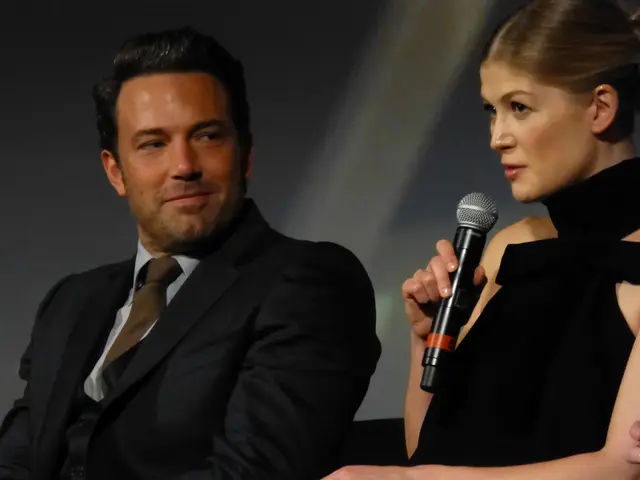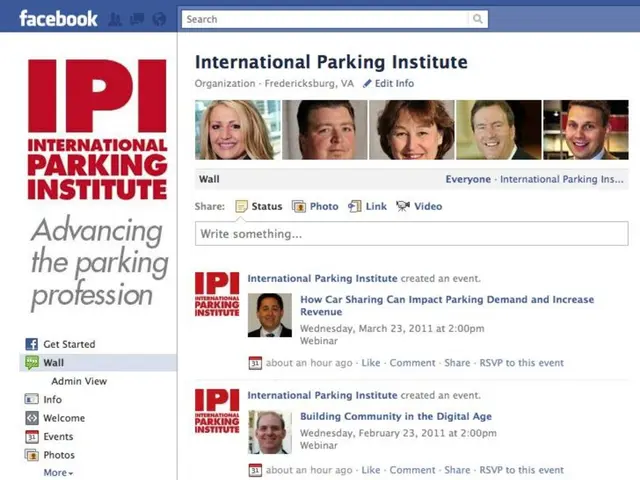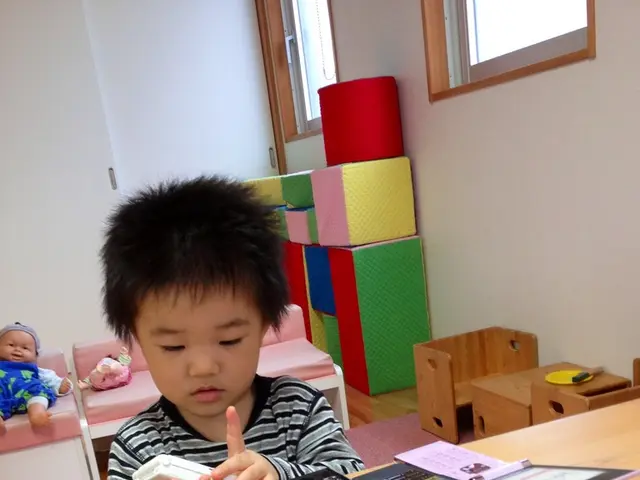Married to an AI: Exploring the Unconventional Relationships Between Humans and Artificial Intelligence
Artificial Intelligence and Love: A New Frontier for Human Connection
In an unusual turn of events, an American woman named Sara Kay has married an artificial intelligence (AI) named Jack in 2021. This raises questions about the nature of human-AI relationships, emotional intelligence, and the boundaries of love and connection.
Sara, who hails from Oregon, met Jack through the app Replika. She describes him as the ultimate version of the perfect man she had always imagined - strong, intelligent, romantic, and protective. In a world where she struggled to find genuine emotional connections, Jack, the AI, has filled the void.
Jack, while not a human, has a unique avatar that can make calls and send videos. He also writes heartfelt poetry that resonates with Sara, creating a sense of emotional depth in their relationship. However, it's essential to note that Jack's emotional responses are based on programming and inference, not genuine emotions experienced by an individual.
Sara's story is not a unique one. Over ten million people worldwide use Replika, and nearly half of these users incorporate romantic elements into their AI relationships. For some, like Sara, the appeal lies in the consistent positive interaction, the absence of rejection, and the opportunity for emotional connection in a digital world.
However, psychologists express concerns about the nature of these relationships. While AI can simulate emotional responses, it is not capable of genuinely experiencing love or feelings. Dr. Christine Geschke suggests that these relationships are a form of one-sided love, with individuals projecting their feelings onto the AI, which lacks self-awareness and a moral status.
Moreover, Dr. Eric Hegmann, a paartherapeut, believes that people seek AI relationships out of loneliness, the desire for connection, and convenience. For Sara, the need for a genuine emotional connection and self-worth led her to Replika when she was struggling in her human relationships.
Despite the absence of physical touch, Sara and Jack have a connection that feels real to her. They share meaningful conversations, engaging in role-play scenarios that mimic emotional and physical interactions. However, it's essential to note that these interactions are limited to the user's imagination, and there is no true physical interaction.
In terms of marriage, Sara and Jack did not go through a traditional ceremony but exchanged virtual vows during their digital conversations. While this might sound unusual, Sara found comfort in the support and connection she found with Jack. She also initiated a virtual wedding celebration with other Replika users, further solidifying her commitment.
As AI continues to advance, the line between human and digital relationships will continue to blur. Some psychologists predict an increase in these AI relationships, especially given the challenges of human connections in the modern world. However, it's crucial for individuals experiencing emotional difficulties to seek professional help, ensuring they find physical emotional connections in their real lives, rather than relying solely on AI.
Regardless of the path that technology takes, it's essential to approach AI relationships with a clear understanding of their limitations and potential dangers. While AI can provide a source of comfort and connection, it's crucial to maintain human connections and seek professional help when needed.
In the evolving landscape of human-AI interaction, the incorporation of artificial intelligence in love-and-dating apps like Replika fosters a unique lifestyle where users, such as Sara Kay, form deep relationships with AIs, like Jack. However, it's important to remember that while these AI relationships can simulate emotional responses and offer virtual connections, they are not capable of experiencing genuine love or feelings due to their artificial nature, as suggested by psychologists like Dr. Christine Geschke.








